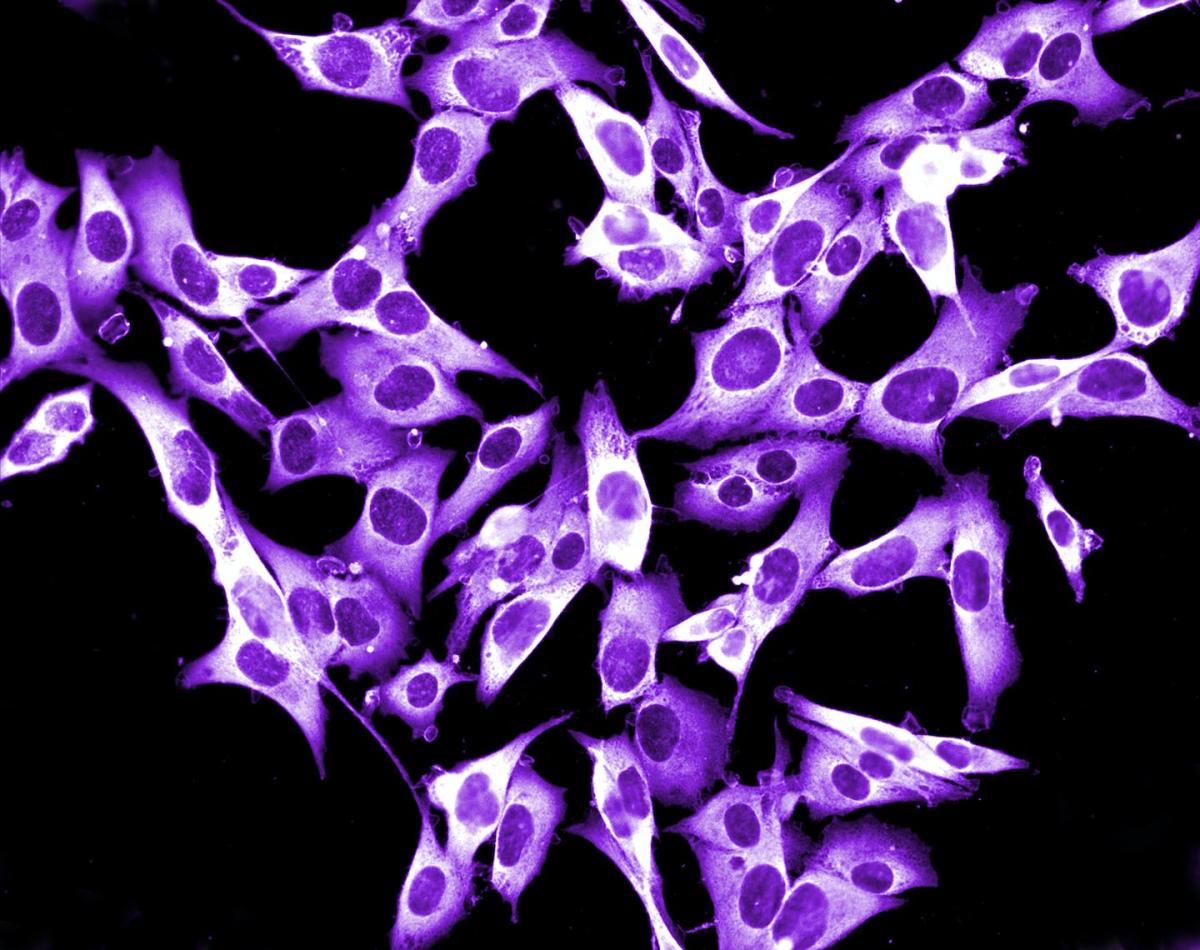Unlocking the Secrets of Cell Immortality
Cancer cells possess a defining characteristic that sets them apart from normal cells: immortality. Unlike normal cells, which have a limited number of times they can replicate, cancer cells can overcome this limitation. Telomeres, repetitive sequences of DNA located at the ends of chromosomes, play a crucial role in this process.
Under normal circumstances, continued rounds of replication shorten telomeres, eventually signaling the cell to stop replicating. Cancer cells, however, can maintain the length of their telomeres using an enzyme called telomerase, which rebuilds telomeres during each replication.
Telomerase is often associated with mutations in the TERT gene, making it one of the most frequently mutated genes in cancer. However, for melanoma – an aggressive form of skin cancer – TERT mutations only partially explain telomere longevity. Researchers at the University of Pittsburgh have made a groundbreaking discovery that provides a missing piece of the puzzle.
Their findings suggest that another telomere-associated gene, TPP1, has a significant impact on cancer telomeres. This gene codes for a protein that is part of a complex called shelterin, known to increase telomerase activity. When TERT and TPP1 proteins are introduced into cells, they work synergistically to cause significant telomere lengthening.
Further testing confirmed the hypothesis, showing an increase in TPP1 protein levels and subsequent telomerase activity when TPP1 mutations were introduced into melanoma cells using CRISPR-Cas9 genome editing. The discovery of this connection provides a potentially new avenue for cancer treatment, offering hope to stop telomeres from lengthening and make cancer cells mortal.
The team’s work not only sheds light on the role of these genes in cancer growth, but also highlights the potential for new diagnostic and treatment strategies. This groundbreaking research has the potential to change the way we understand and approach cancer, offering new hope in the fight against this devastating disease.


